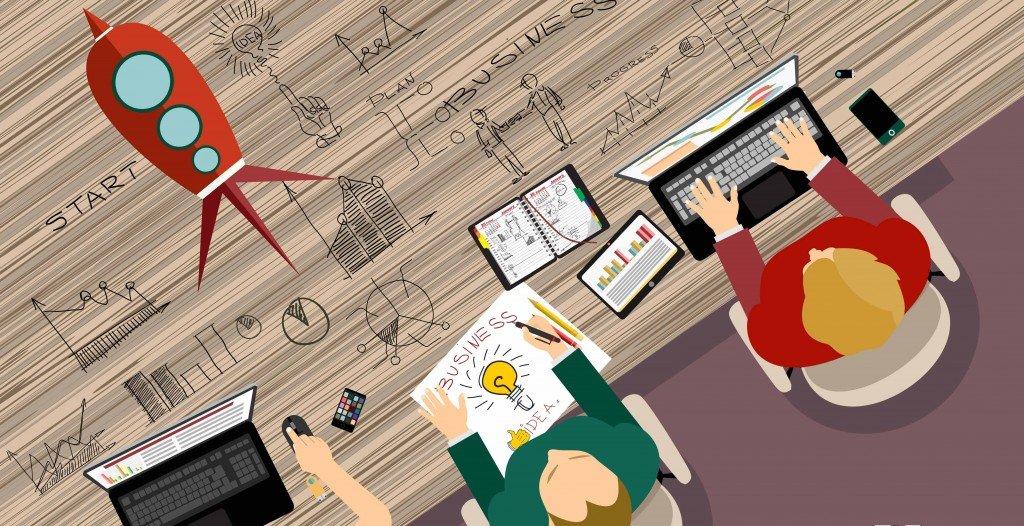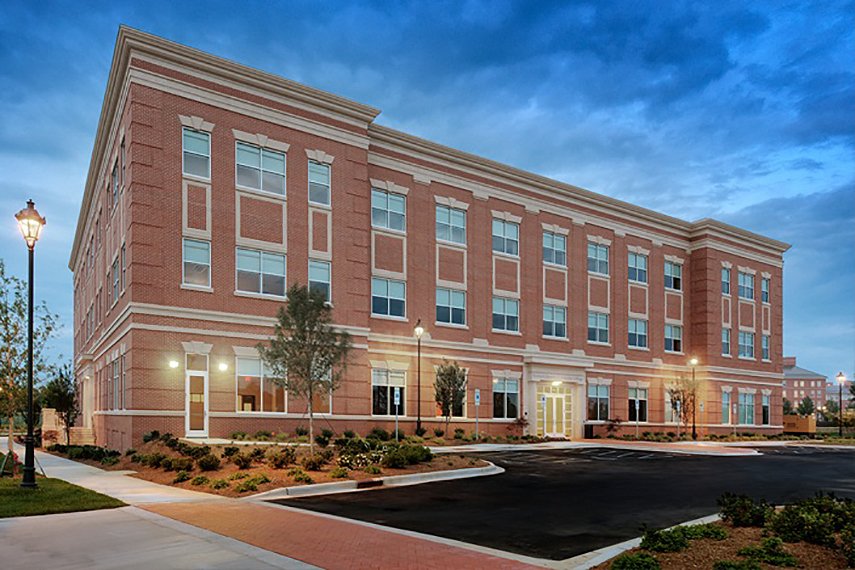
We tend to live our life trying to predict what is coming next. Whatever is figuring out our careers or what to do the next day, planning is just a way of predicting. It is inside us, it is an evolutive tool that comes with us biologically. I has helped us solving major problems, but it also has encouraged us to act preventively in order to fix something that hasn’t happened yet.
From the humanity optic, predicting the future has brought us to the point we stand right now. And now, we try to foretell what is to come next.
Here are some of the predictions that top experts think it may happen in the near future:
Bill Gates’s top predictions
According to the World Economic Forum, the billionaire philanthropist has made a career out of predicting what will happen in matters of computing, public health, and the environment. He correctly predicted the rise of smartphones and social media, and a wealth of evidence suggests his latest predictions could be on the right track, too.
1. Bioterrorism could wipe out 33 million people in less than a year.
In February, Bill Gates remarked at a conference in Munich, Germany that one of the biggest threats to global health is an airbone pathogen deployed by bioterrorists. It could be a synthetic smallpox virus or a super-flu that is far deadlier than normal strains.
2. When it comes to food, Africa will become entirely self-sufficient.
In his 2015 Gates Annual Letter, Gates made the prediction that Africa’s agriculture industry will increase productivity by 50% by 2030, making the entire continent self-sufficient.

3. Mobile banking will help the poor transform their lives.
In African countries where cash is hard to come by, people often face the difficult choice of paying for healthcare, food, education, or repairs — all four aren’t always an option.
“By 2030, 2 billion people who don’t have a bank account today will be storing money and making payment with their phones,” he wrote in his 2015 Annual Letter. “And by then, mobile money providers will be offering the full range of financial services, from interest-bearing savings accounts to credit to insurance.”
4. By 2030, the world will discover a clean-energy breakthrough to power our world.
One of Gates’ more hopeful predictions came in 2016 when he declared that wind, solar, or some other renewable resource will power the majority of the world within the next 15 years.
“The challenge we face is big, perhaps bigger than many people imagine,” he wrote in his Annual Letter. “But so is the opportunity.” Many of the poor countries he visited had no running water or electricity. At night this meant they couldn’t light or power their homes, keep businesses open, or run vital medical centers.
“If the world can find a source of cheap, clean energy, it will do more than halt climate change,” he wrote. “It will transform the lives of millions of the poorest families.”
5. Countless jobs will be lost to automation.
Over the next 20 years, warehouses and factories across the country are poised to replace human workers with automated robots, Gates says. The resultant loss to the labor force could be in the thousands, if not millions, depending on which industries automate jobs the most.
His vision for this future involves essentially taxing the robots who perform this labor, in order to preserve the income tax you’d otherwise get from a human.
Ray Kurzweil’s most exciting predictions
On the other hand and has been pointed out by Futurism, Ray Kurzweil has been called “a prophet of both techno-doom and techno-salvation.” With a little wiggle room given to the timelines the author, inventor, computer scientist, futurist, and director of engineering at Google provides, a full 86 percent of his predictions — including the fall of the Soviet Union, the growth of the internet, and the ability of computers to beat humans at chess — have come to fruition.
1. Singularity: Robots become smarter than humans
His latest prediction was made at the most recent SXSW Conference, where he claimed that the Singularity — the moment when technology becomes smarter than humans — will happen by 2045. Sixteen years prior to that, it will be just as smart as us. As he told Futurism, “2029 is the consistent date I have predicted for when an AI will pass a valid Turing test and therefore achieve human levels of intelligence.”
2. Virtual Reality will advance so much that physical workplaces will become a thing of the past
Within a few decades, our commutes could just become a matter of strapping on a headset.
As Inverse points out, this paradigm shift could have some interesting consequences. Without the need for people to live close to work, we could see unprecedented levels of deurbanization. People will no longer need to flock to large cities for work or be tethered to a specific location. Inverse suggests that this decentralization may decrease the opportunity for terrorist attacks. Blockchain technology will continue to bolster decentralization as well.
3. Eternal Life
Technology will not only enable us to rethink the modern workplace, it will also give us the ability to replace our biology with more substantial hardware. He predicts that by the early 2030s, we will be able to copy human consciousness onto an electronic medium.
“That means no more flesh, blood, or bones — just a scan of your brain on a machine — and [it] will enable humans to take any form, from a box to a bird.” The even bigger implication of this ability is that humans will no longer die. As our brains will no longer be reliant on fragile biology, we could (theoretically) live forever.

Hernaldo Turrillo is a writer and author specialised in innovation, AI, DLT, SMEs, trading, investing and new trends in technology and business. He has been working for ztudium group since 2017. He is the editor of openbusinesscouncil.org, tradersdna.com, hedgethink.com, and writes regularly for intelligenthq.com, socialmediacouncil.eu. Hernaldo was born in Spain and finally settled in London, United Kingdom, after a few years of personal growth. Hernaldo finished his Journalism bachelor degree in the University of Seville, Spain, and began working as reporter in the newspaper, Europa Sur, writing about Politics and Society. He also worked as community manager and marketing advisor in Los Barrios, Spain. Innovation, technology, politics and economy are his main interests, with special focus on new trends and ethical projects. He enjoys finding himself getting lost in words, explaining what he understands from the world and helping others. Besides a journalist, he is also a thinker and proactive in digital transformation strategies. Knowledge and ideas have no limits.



























